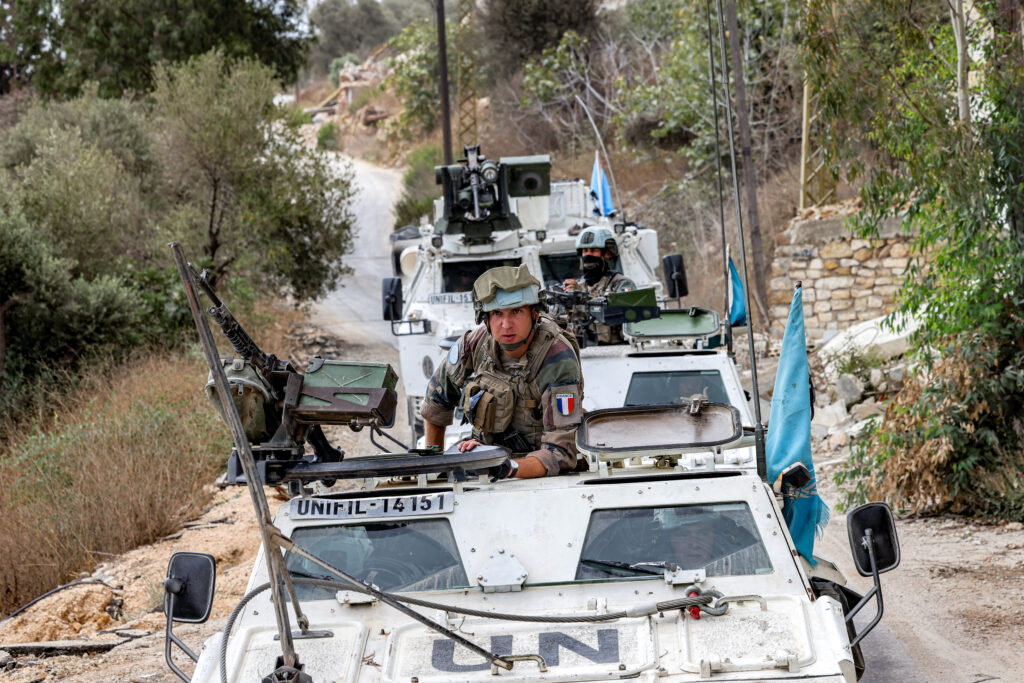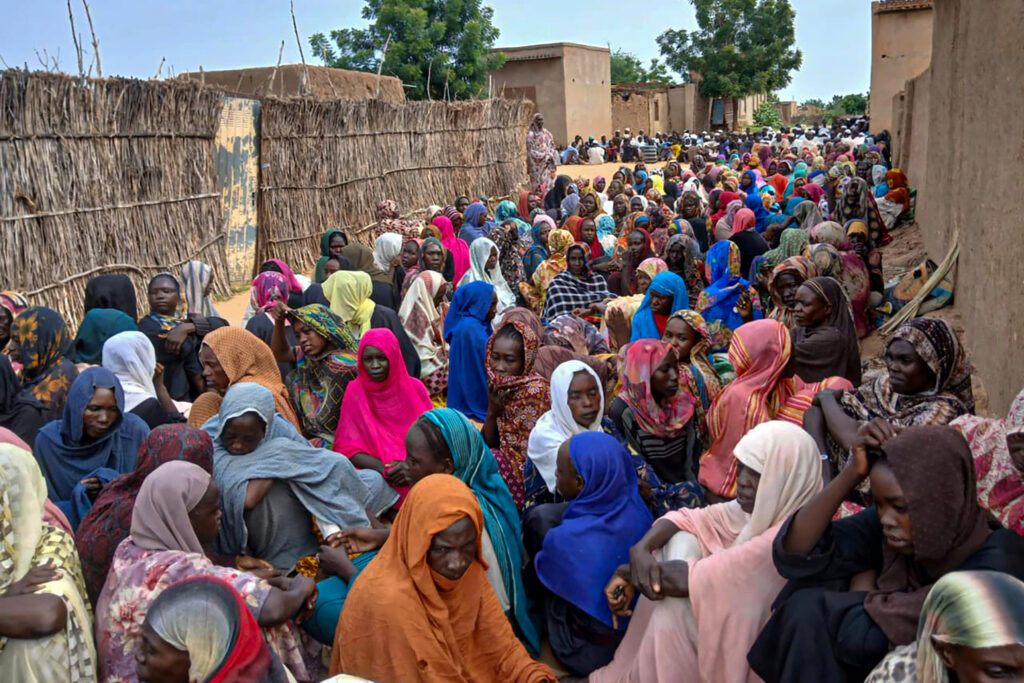UN Security Council votes for Lebanon peacekeepers to leave in 2027
The Security Council voted Thursday for UN peacekeepers to leave Lebanon in 2027, allowing one final extension after pressure from Israel and its US ally to end the nearly 50-year-old force.Israel hailed the termination of the United Nations Interim Force in Lebanon (UNIFIL) and urged the Beirut government to exert its authority after an Israeli military campaign devastated Iranian-backed militia Hezbollah.With the United States dangling a veto threat, the Security Council voted unanimously for a resolution that will extend UNIFIL’s mandate “a final time.”France, which has a long legacy in Lebanon, had initially sought a one-year extension to the force without a firm commitment to end UNIFIL.But faced with the US opposition, France put forward the compromise resolution that authorizes UNIFIL through December 31, 2026 and then an “orderly and safe drawdown and withdrawal” within a year.Some 10,800 peacekeepers have been acting as a buffer between Israel and Lebanon since 1978. The mandate had been due to end on Sunday.Israel, which has been sharply critical of the United Nations over its condemnation of its relentless offensive in Gaza, hailed the UN vote.”For a change, we have some good news coming from the UN,” said Danny Danon, Israel’s envoy to the United Nations.”I want to remind you, 47 years ago, the Security Council decided to send the UNIFIL force to South Lebanon in order to stabilize the region. We all know they failed. Hezbollah took over the region,” he said.”Today, the Lebanese government has the responsibility to take control of the area and to understand that they have to be there — not Hezbollah, not anyone else.”Dorothy Shea, the US envoy at the United Nations, noted that UNIFIL was explicitly meant to be “interim” and said that the security situation in Lebanon was “radically different from just one year ago.” She reiterated that the United States, whose historic support for Israel has only increased under President Donald Trump, would reject any further extensions.Under a truce that ended the recent conflict between Israel and Hezbollah, the long-fledgling Lebanese national army has been deploying in south Lebanon and dismantling the militant group’s infrastructure.As part of the ceasefire, and under pressure from Washington, the plan is for Hezbollah’s withdrawal to be complete by the end of the year.Lebanese President Joseph Aoun last week called for the UN peacekeepers to remain, arguing that any curtailment of UNIFIL’s mandate “will negatively impact the situation in the south, which still suffers from Israeli occupation.”But Lebanese Prime Minister Nawaf Salam on Thursday welcomed the decision of the Security Council, pointing to its extension of the force.




